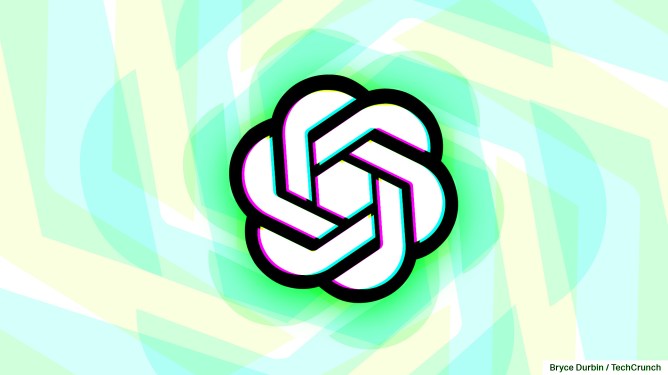In a recent AMA (Ask Me Anything) session with members of OpenAI’s dev team, Romain Huet, head of developer experience at OpenAI, confirmed that there are no plans to release an API for Sora, the AI model capable of generating reasonably realistic videos when provided with a text description or reference image.
No Sora API in Sight
According to Huet, "We don’t have plans for a Sora API yet." This decision may be attributed to capacity issues. OpenAI was forced to close applications for its Sora-powered video creation and editing suite shortly after its launch due to heavier-than-anticipated traffic.
Capacity Issues: A Possible Reason
In December 2024, OpenAI CEO Sam Altman apologized on X (formerly Twitter) for the inconvenience caused by the unexpected surge in demand. "We significantly underestimated demand for Sora," he wrote. "It’s going to take a while to get everyone access. Trying to figure out how to do it as fast as possible!"
OpenAI resumed sign-ups for Sora several days ago, but this development may have been too little, too late. Choosing not to prioritize an API for Sora might put OpenAI at a disadvantage compared to its chief rival, Google.
Google’s Veo API: A Competitor in the Making
In early December 2024, Google launched an API in limited access for its video-generation model, Veo. Although Google was mum on the details of when and how it would make this feature more widely available, sources suggest that the company will unveil an API for its successor, Veo 2, sometime in 2025.
AWS’s Nova Reel: An Alternative Option
Amazon Web Services (AWS) has also joined the fray with its own video model, Nova Reel, which boasts a robust API for developers. With numerous startups focused on generative video offering APIs for their models as well, OpenAI’s decision not to release an Sora API may hinder its progress in this rapidly evolving field.
Runway’s API: A Leading Example
One such startup, Runway, claims that its API has been used by "the world’s largest consumer technology companies" to reliably generate millions of videos for their users. With such capabilities already available from rival companies and startups alike, OpenAI may be missing an opportunity to capitalize on the growing demand for generative video APIs.
OpenAI’s Sora: A Promising but Limited Model
Developed by OpenAI, Sora has gained attention for its ability to generate high-quality videos when provided with a text description or reference image. However, without a publicly available API, developers may struggle to incorporate this feature into their projects.
Why an Sora API is Crucial
OpenAI’s reluctance to release an Sora API contrasts sharply with the actions of other prominent companies in the AI field. With numerous examples of successful APIs already in existence (e.g., Google’s Veo and AWS’s Nova Reel), OpenAI may be sacrificing its competitive edge by not providing developers with direct access to its model.
Potential Consequences
By not offering a publicly available API, OpenAI might:
- Miss opportunities for collaboration with other companies
- Fail to capitalize on the growing demand for generative video APIs
- Be left behind in the rapidly evolving field of AI-powered video generation
The decision to release an Sora API or not is a strategic one. However, considering the market momentum and competitive landscape, OpenAI may want to reassess its stance on this matter.
Conclusion
OpenAI’s reluctance to release an Sora API has sparked curiosity among developers and AI enthusiasts alike. While capacity issues might be a valid concern, the absence of a publicly available API puts OpenAI at risk of being left behind by its competitors in this rapidly evolving field.
As the demand for generative video APIs continues to grow, companies like Google and AWS are capitalizing on the trend. Whether OpenAI will ultimately decide to release an Sora API remains to be seen, but one thing is certain: the absence of a publicly available API may hinder the company’s progress in this exciting field.
What do you think about OpenAI’s decision not to release an Sora API? Share your thoughts with us in the comments!
